6 min and 26 sec to read, 1611 words
Are you a singer who hasn’t yet learned to play an instrument but are considering it? Let’s talk about 3 benefits of singers who can accompany themselves and then some tips on how to get started.
Of course, there are plenty of great singers who don’t play an instrument. After all, our voice IS our instrument. That being said, there are many benefits for a singer to gain by learning to play an instrument.
Let’s talk about some of the benefits of singers who play an instrument and some tips to get started!
Table of Contents

Check out the Podcast- Groove, Sing, & All the Things!
1. Being Able to ‘Speak’ Musician
Even if you don’t always want to perform playing your instrument, understanding the language of music and having basic knowledge of music theory will enable you to better communicate with the musicians in your band whether on stage or in the studio. You need to be able to articulate what you want from them.
For example, knowing the basics of how to count not only helps you when learning your songs, but being able to count your band in will help your band know exactly what tempo to play your song. And being able to find the best key to sing your song in is also an invaluable skill.
As a guitarist, I’ve been in a few situations where I witnessed singers just not able to communicate with their band. The singers who had the ability to communicate with us in terms of keys, feel, and ability to count the band in, had a much more confident vibe and ease about them.
This is what I hope for you. But also, you might find you love playing an instrument and want to go deeper. Maybe you’ll start writing songs, or incorporate your playing into your sets for all or just a couple of songs.
2. Ear Training
Ear training is an important part of learning music in general. If you’re a singer who doesn’t want to play an instrument, you should still do some ear training. There are some great apps that will help you with this.
I’ve used the apps:
And of course there are also full on courses on ear training. You can go deep. But familiarizing yourself with intervals and how to hear them will pay dividends for you. Being able to hear intervals will help you overall as a singer, especially when initially learning your melodies. Being able to pick out your melody on your instrument by ear when learning your song ensures that you are learning the melody correctly.
I will add a caveat here too…I remember first being introduced to ear training in school and being completely overwhelmed! It can feel impossible or just outrageously difficult. Stay with it, keep working at it and you will start to hear things and understand them more. Go slow, but keep going. You’ll get there.
3. Independence
Having the skill to accompany yourself allows for unrestricted performance possibilities in terms of time and location. Relying on a backing musician can restrict your chances to perform, especially when starting out in your singing career. Coordinating rehearsal time and securing gigs can become challenging when dependent on others.
When you have the option of accompanying yourself it affords you much more freedom in your choices of gigs. For example, if you can play at your local coffee shop every Tuesday night at 6:00 for 30 minutes, you will gain so much valuable performing experience. And you only have to worry about your own schedule.

To clarify, you should definitely have a goal of playing with other musicians as well. That is a totally different experience and you will learn many other skills in playing with a band. It is great to play and be in sync with other musicians reacting to one another to create one piece of art.
But performing solo has it’s merits also and of course has the many positive benefits that I’ve already pointed out. As a music fan, I enjoy going to hear bands, but my very favorite listening experience is just a voice and a guitar.
Bonus Benefit: Playing an Instrument Gives You Added ‘Value’
Of course I don’t actually mean ‘value’ in the traditional sense of the word, more like if you can do two things and the band will have to pay one less person, you’ve just added ‘value’ to what you can do.
Also, if you have to pay a guitar or piano player every time you want to perform in public, it will get expensive if you don’t have a good friend who just loves to play for you for free. Even then, you have to coordinate schedules and rehersals and there’s a lot more to logistically figure out.
Again, please do play with a band as well! I’m simply pointing out some benefits of being able to perform “solo acoustic”.
These days musicians are required to take on multiple roles. They must not only master songs, but also potentially compose, present, self-promote, practice, engage in social media, and more. Playing an instrument allows us some added freedom in persuing music as a career.
Bonus Benefit #2: Songwriting
If you’re a singer who would also like to write songs, playing an insturment is almost essential. I say almost because of course there are always exceptions. But generally speaking playinging an insturment and understanding how to put chords and melodies together, chose your key and tempo ect.
How to Get Started Playing an Instrument so You Can Accompany Yourself?
What instrument do you feel a desire to play? Of course most singers prefer to learn the piano or the guitar. This is not absolutely necessary to chose one of these but it would be beneficial and offer you advantages if you do chose one of these.
I personally learned to play the piano first but quickly knew I wanted to be a guitar player. Understanding the piano is an excellent foundation to build your musicianship on. Even if you just take a few lessons or do some online learning, understanding the layout of the piano and learning the musical alphabet and how the notes are naturally laid out on the piano will help you more easily understand all of the other instruments you choose to play.
When I’m teaching beginner guitar students, I teach them the notes on the piano and how they repeat themselves on the keyboard and show them how this also happens on the guitar fretboard.
Learning how the notes are laid out on the piano naturally will also teach you the musical alphabet and about half steps and whole steps, and how to sharp or flat a note.
After all, as singers we absolutely are musicians even if we don’t play an instrument, but having the additional knowledge of how music works will only add to your confidence as a performer.

Borrow an Instrument
Maybe you have a friend who has an electric piano or a guitar that you could try out for a bit to see how you enjoy learning the instrument. Basically I’m advising you not to spend a lot of money at first until you decide that an instrument is definitely for you and you want to pursue it further. Then definitely get the best instrument you can. You can probably find a used one for a great price.
You can check out Reverb or Sweetwater’s used instrument section, or local online sales to find a great insturment.
Take Some Lessons
After you’ve chosen your insturment, seek out a teacher in your area or online. Get some one on one instruction especially when starting out. This will set you up for success. A good teacher can save you a lot of time and heartache by pointing out mistakes or bad habits that you might not even know you’re doing, and showing you correct and healthy ways of learning your instrument.
Keep Practicing
Whatever instrument you chose to learn, stick with it! Learning to play is just like learning to sing. It takes focus and effort. It doesn’t happen over night, but consistent practice will lead to your success. It takes practicing slow and steady to create the muscle memory you need.
I point out the slow factor because that’s one of the biggest issues I see with students, practicing too fast. When you practice fast and sloppy, you learn to play fast and sloppy. Slow and steady is a much better way to learn. One of my favorite guitar teachers once told me “if you can’t play it slow, you can’t play it.” I obviously never forgot it and it’s what I teach my students.
In Conclusion
So if you’ve had that nagging feeling that you want to add playing an instrument to your singing, go for it! You will be so happy you did! There’s always joy in the journey!
Comment below and tell us what instrument you play or would like to play.
Best,
Amy
June 22, 2025

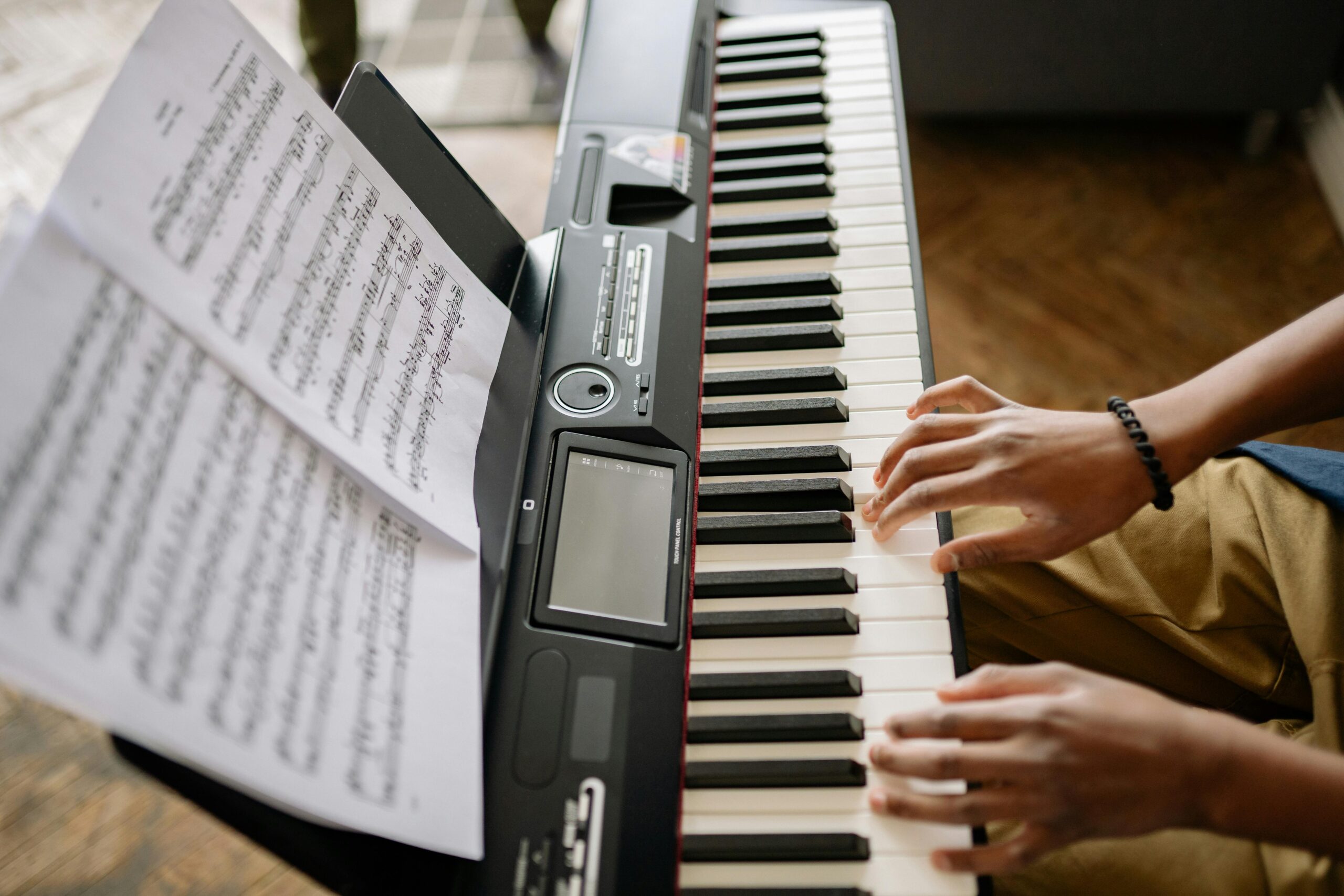
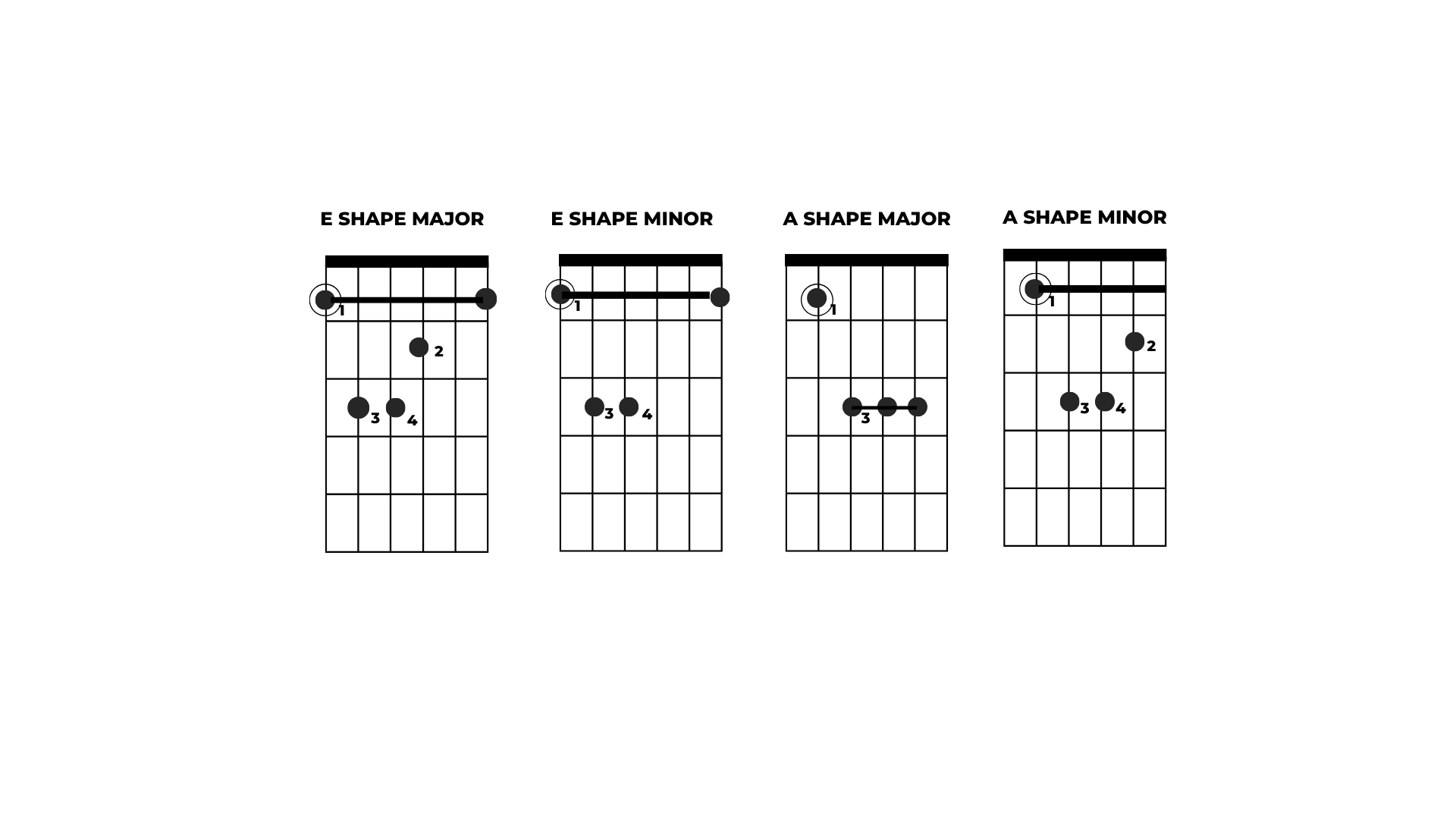
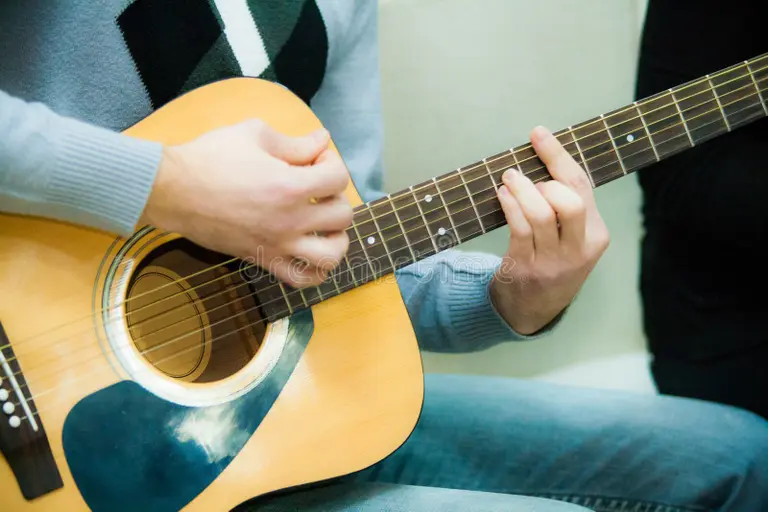
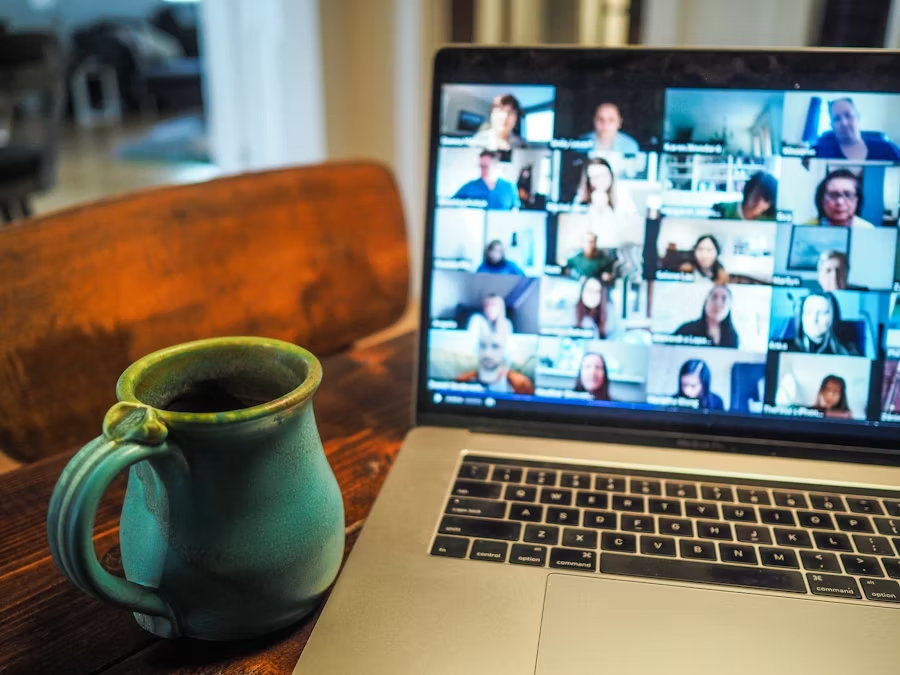

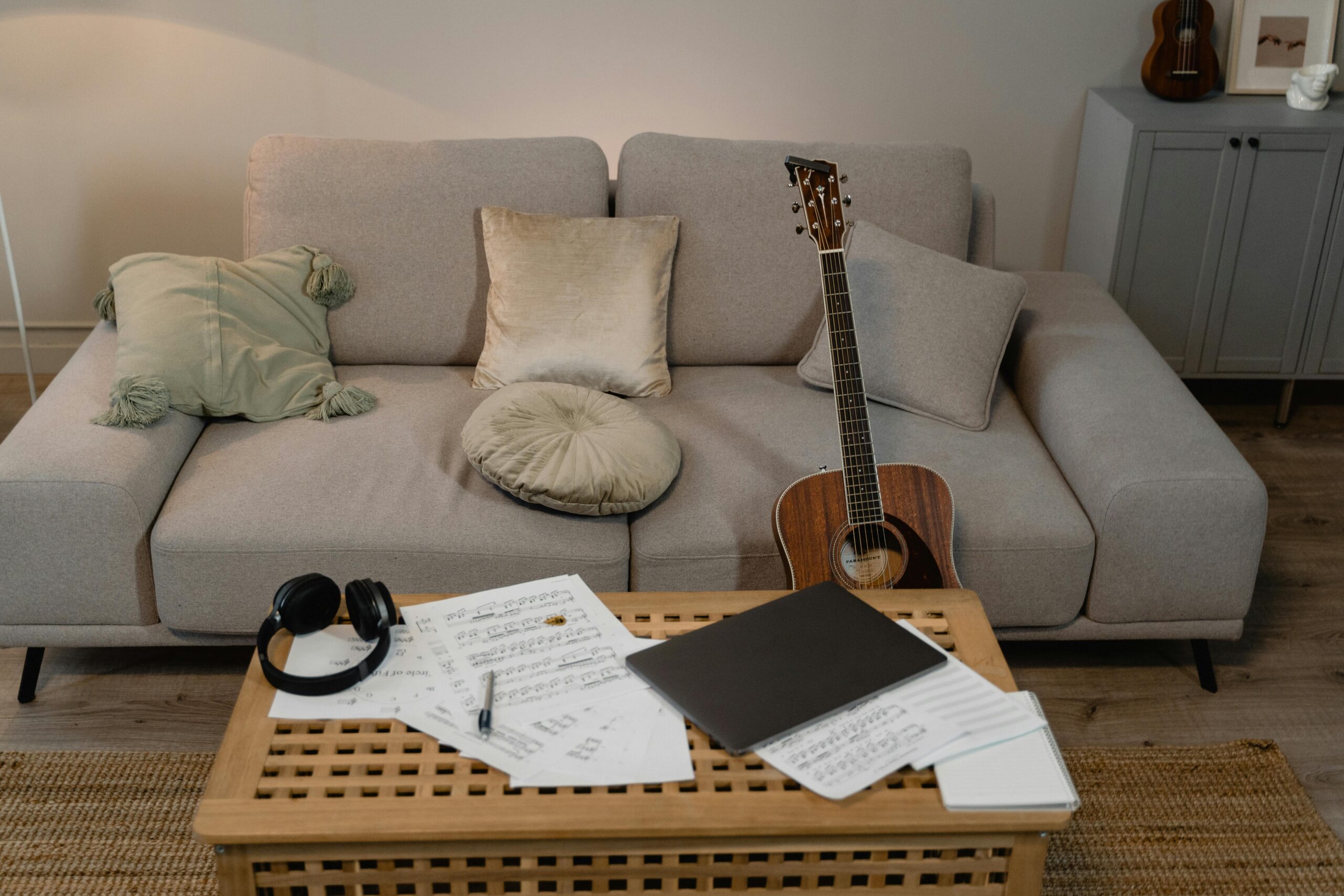
Post Comments